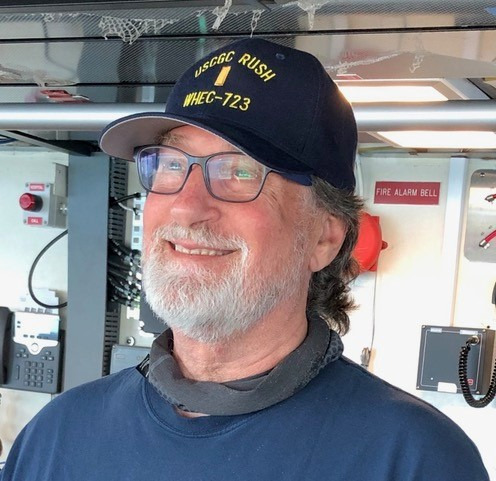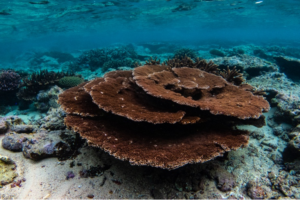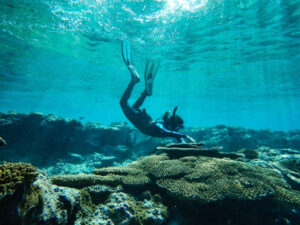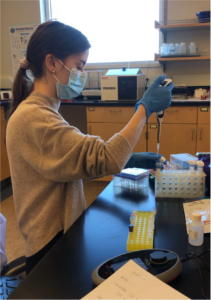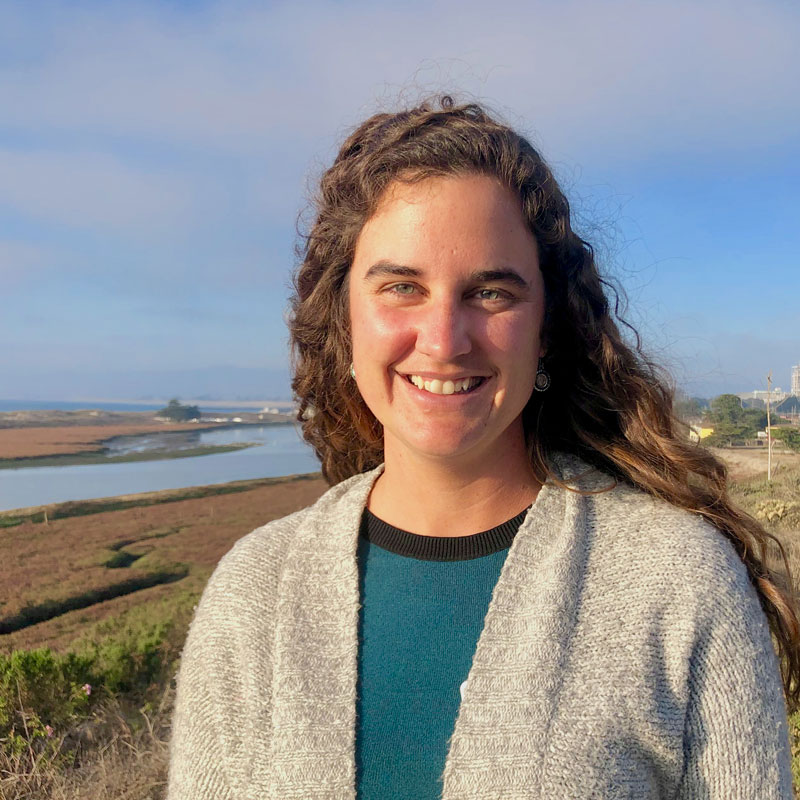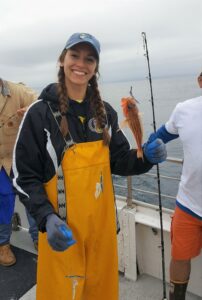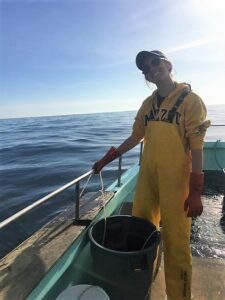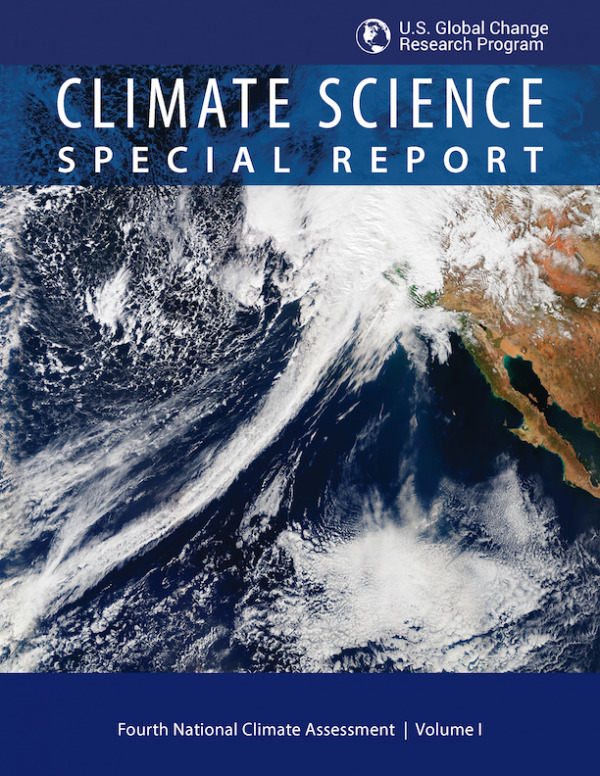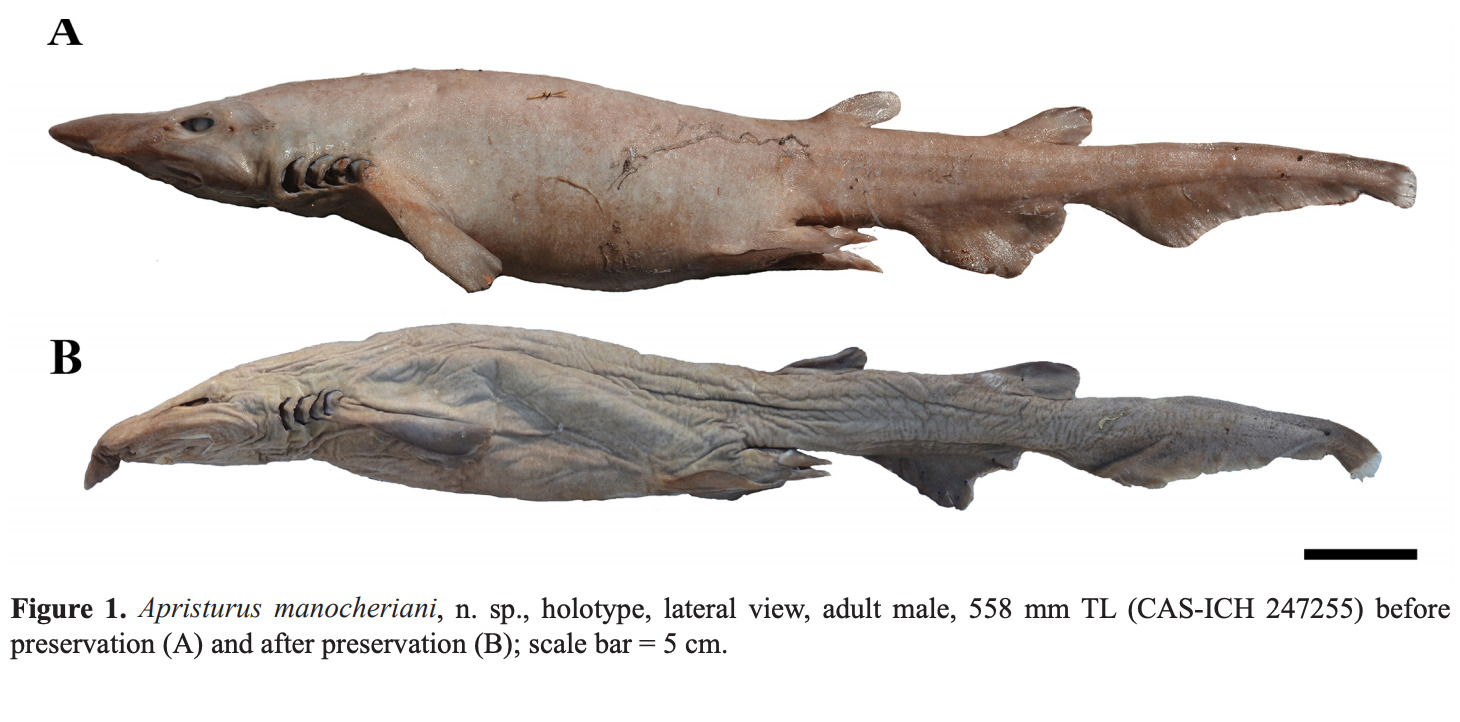Holly graduated from the University of Missouri – Columbia (MU; MIZZOU) in 2016 with a B.S. in Biological Sciences. During her time at MU, she worked under the guidance of Dr. Elizabeth Bryda in her Comparative Medicine lab at the MU College of Veterinary Medicine and investigated the effects of exposure to a common brain parasite (Pseudoloma neurophilia) on the behavior of larval zebrafish for her undergraduate capstone projects, and also assisted then PhD student Daniel Davis with his research investigating the ability for a common probiotic (Lactobacillus plantarum) to mitigate stress-induced dysbiosis in the gut microbiome of adult zebrafish. Holly began the Moss Landing Marine Laboratories (MLML) Masters program in the fall of 2016, initially joining the Biological Oceanography Lab and later switching to join the Ichthyology Lab at MLML and the Logan Lab at CSUMB in April of 2018 after realizing her interests were better suited studying marine fish physiology. During her time at MLML, she thoroughly enjoyed countless friendships and the ability to help on at least 10 other lab and thesis projects both at the bench and in the field. Likewise, during this time Holly also served three semesters as student body vice president, volunteered at 4 Open House events on the food committee, in the puppet show and in both the Bio Oce and Ichthyology labs, and was employed in a variety of roles - including one year as Student IT Help Desk Assistant, a little over a year as a research technician on a Ballast Testing project, two semesters as a TA, and two years as a Naturalist/Deckhand for Sea Goddess Whale Watching in Moss Landing, CA. In January of 2021 she moved to North Carolina with her husband where she finished up her thesis writing and is currently employed part-time as a research technician on UNC - Chapel Hill's shark surveys. After graduation, Holly looks forward to spending more time pursuing hobbies of swimming, hiking, camping, painting and reading, and exploring North Carolina with her husband and two dogs!
